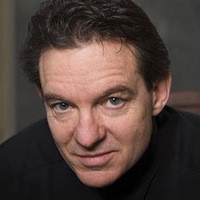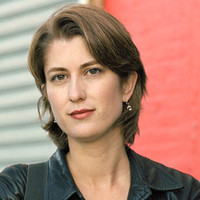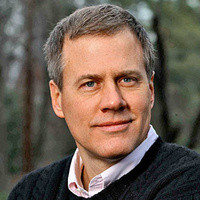Stuck in Bed, at Hospital’s Expense
Recently discharged, an undocumented immigrant discusses his treatment.
In a city with a large immigrant population, it is not rare for hospitals to have one or more patients who, for reasons unrelated to their medical condition, do not seem to leave. At Downtown, where a bed costs the hospital more than $2,000 a day, there are currently three long-term patients who no longer need acute care but cannot be discharged because they have nowhere to go. The hospital pays nearly all costs for these patients’ treatment. One man left recently after a stay of more than five years.









